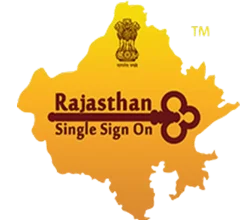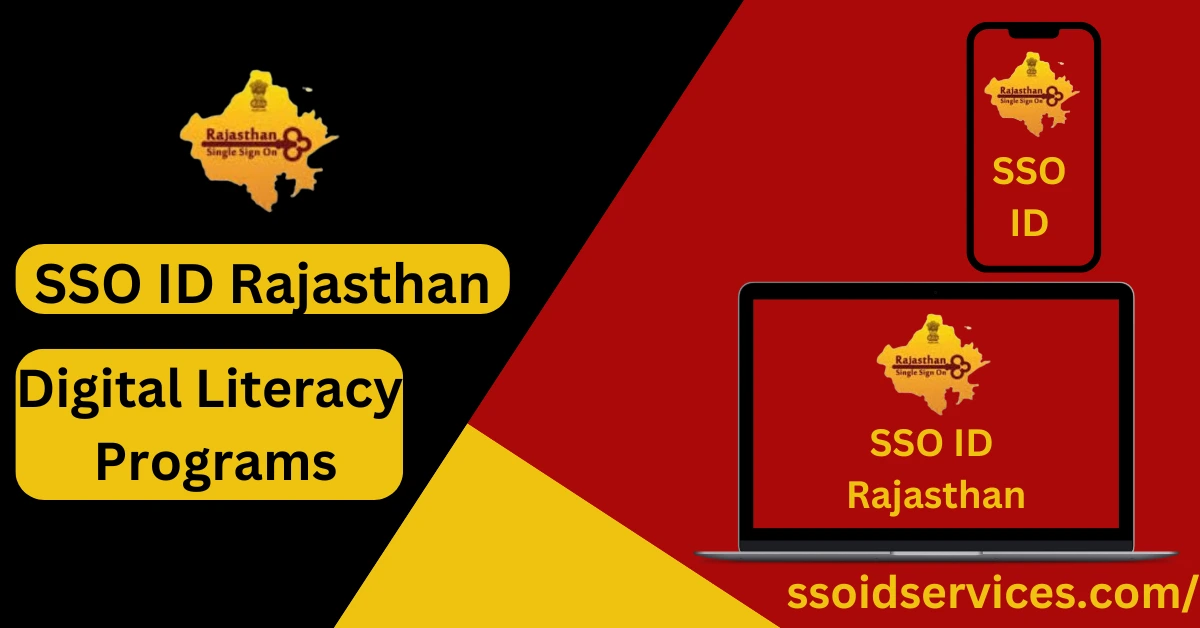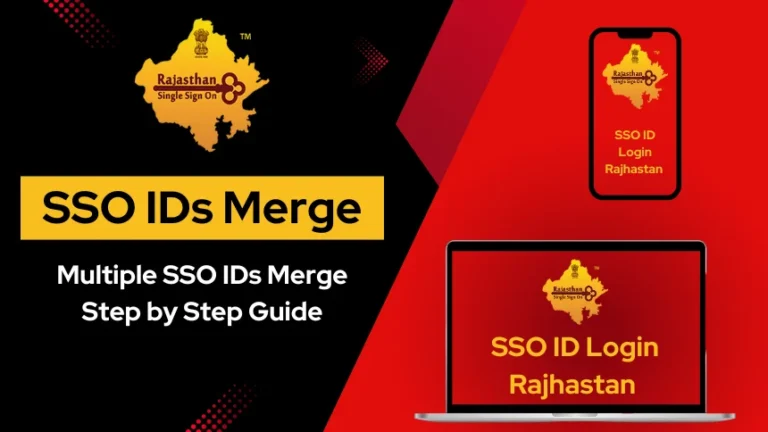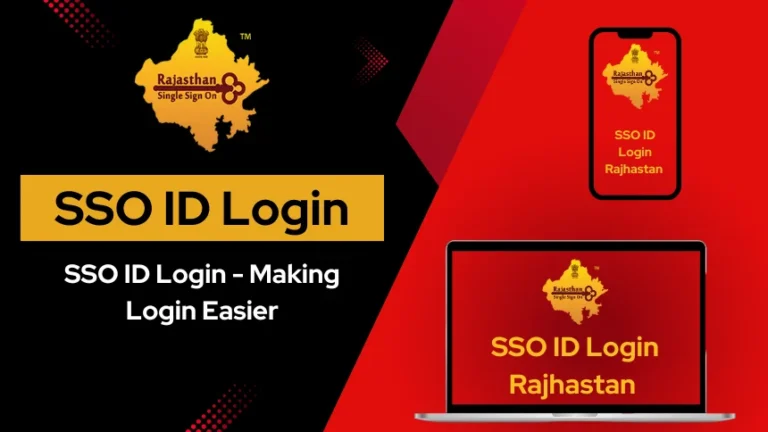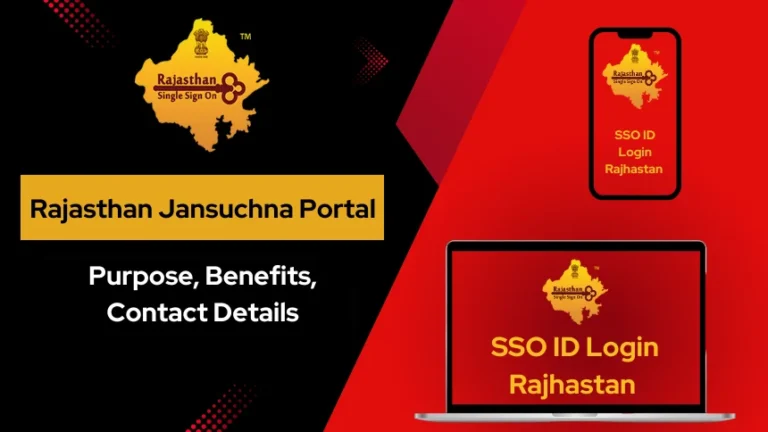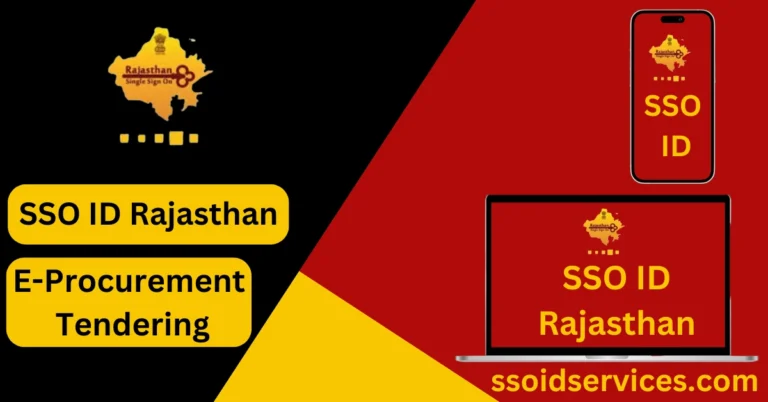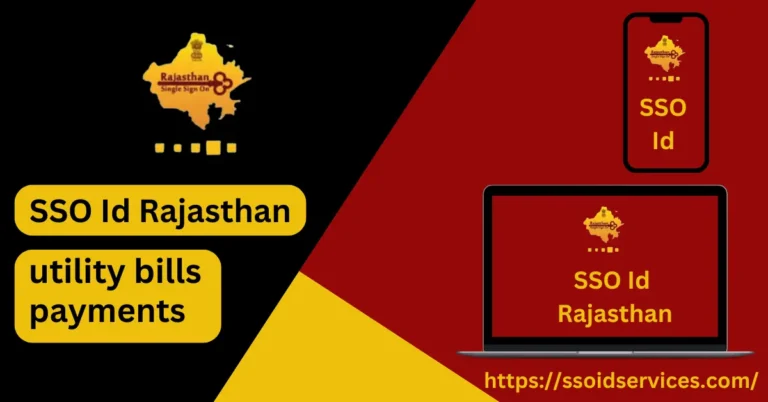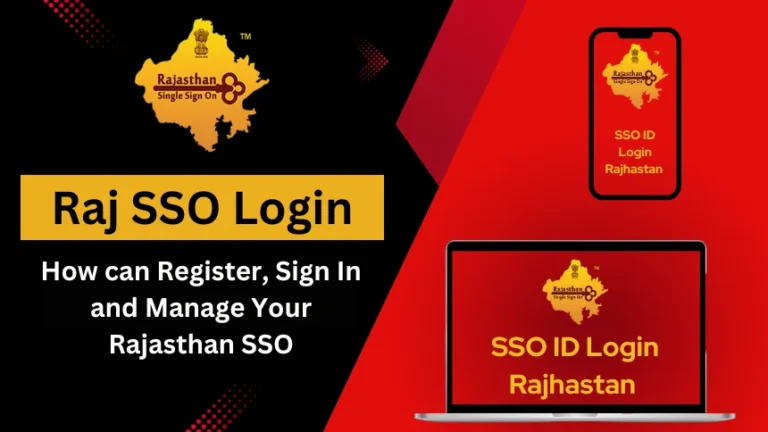Apply for Digital Literacy Programs with SSO ID Rajasthan
Digital Literacy Programs through SSO ID Rajasthan have played a key role in the bridge of the digital divide within the state. In addition to simplifying administrative tasks, the programs empower citizens to take part in digital life. Rajasthan’s digital initiatives are accelerating, but it is important that all citizens benefit. This means understanding what factors impact success and how to make these programs work, from infrastructure and accessibility to security and education.
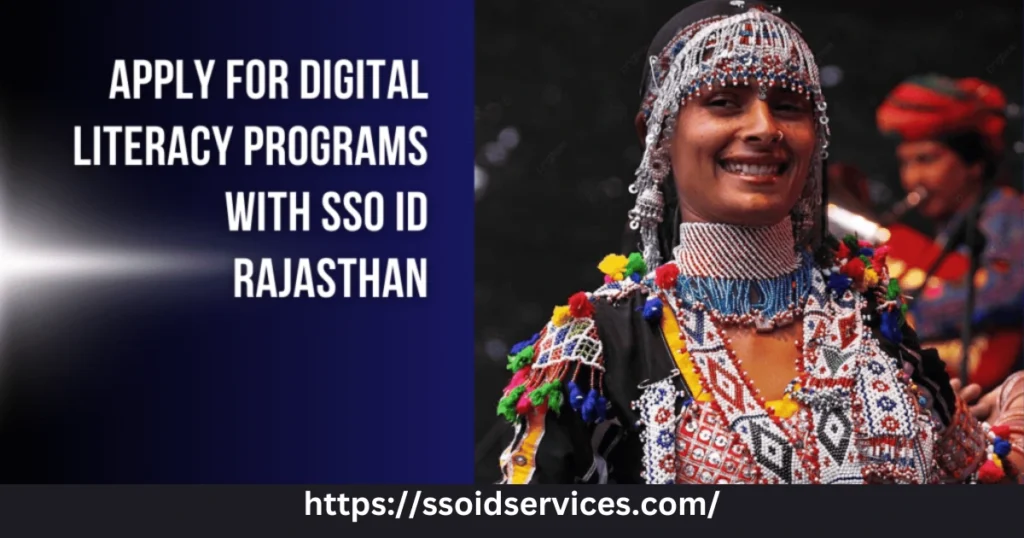
SSO Rajasthan Digital Literacy Programs: The Impact of Key Factors
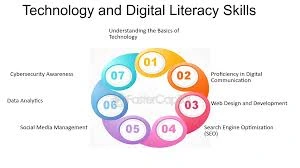
1. Accessibility & Inclusivity
SSO Rajasthan’s success is heavily dependent on accessibility and inclusivity. Although the system was created to make it easier for citizens to access government services, success depends on their ability to utilize and navigate effectively. This is why digital literacy programmes are so important. They ensure that everyone, no matter their social or economic status, will be able to benefit from SSO ID.
ALSO READ: How to use SSO ID Rajasthan when paying online taxes? A comprehensive guide
It is difficult to strike a balance between the accessibility of digital platforms and their complexity. Simplificating the user interface in order to make it more accessible for people with less digital literacy could limit its functionality. A complex interface can exclude individuals with low levels of digital proficiency, in particular those living in rural communities where the availability of digital literacy classes may be restricted.
2. Infrastructure and Connectivity
Rajasthan is a state with varying infrastructure levels and Internet connectivity. Digital literacy programs must adapt to these differences. Urban areas usually have better digital infrastructures and access to internet, so it is easier for residents of these cities to get involved in SSO ID initiatives and use the system. Rural areas face greater challenges, due to poor connectivity to the internet, an inadequate digital network, or limited access devices, such as computers and smartphones.
The digital divide is a result of these disparities. Programs that promote digital literacy must work to bridge this gap. While there are efforts underway to expand the digital infrastructure, a need exists to customize digital literacy to fit the differing levels of the infrastructure within the state. The approach must be flexible enough to accommodate the needs of each area, and ensure all citizens can develop the digital literacy skills needed to use SSO ID.
3. Education and Awareness
SSO Rajasthan is not only influenced by education levels, but also the general awareness level. Where literacy is low or there is a lack of awareness for digital services, the citizens might be reluctant or incapable to use SSO ID. For this reason, programs that teach digital literacy must not just focus on basic digital skills but should also raise awareness of SSO ID and its benefits.
ALSO READ: SSO ID Rajasthan E-Procurement Tendering
Campaigns to promote adoption of SSO can include highlighting the many benefits that SSO offers, such as saving time, being easy to use and having access a variety of government services. As well, by incorporating digital literacy within the formal educational system we can gradually create a population that is more computer literate. However, it requires a substantial investment of both training and resources as well as collaboration from government agencies, education institutions and community organisations.
4. Privacy and security Concerns
SSO’s ID system is no exception. Both privacy and security, as with all digital platforms, are crucial considerations. It is important that users trust the system to protect and respect their privacy. The digital literacy program must include education about online privacy and safety.
To ensure privacy and access without compromising security can be a challenge. Strong security measures such as multifactor authentication may put some users off, particularly those without a high level of digital literacy. Inadequate measures of security, on the other hand could expose users’ data to unauthorized access or identity theft. In order to balance both concerns, it is necessary to plan carefully and monitor the platform’s safety features continuously.
The trade-offs when balancing different factors
The trade-offs involved in balancing SSO Rajasthan as well as digital literacy initiatives require careful evaluation. Simplificating the user interface will make it easier for users who are not digitally literate to use the platform, but this may limit its functionality. Prioritizing user privacy and security could require more steps on the part of users. This may make it less accessible.
A major investment in infrastructure could be needed to support the growth of digital literacy initiatives in rural regions, and divert funds away from more important projects. Balance these tradeoffs by taking into consideration both the long and short-term impact of different population segments is a key to achieving a balanced approach.
SSO-ID Rajasthan: Implementation Challenges and Digital Literacy Programs
1. Resource Allocation
The allocation of resources will be a primary challenge for the SSO Rajasthan program and other digital literacy initiatives. It is important that the state allocates sufficient funds to maintain and develop the SSO ID program, increase digital infrastructure in the state and provide digital literacy courses. In order to achieve this goal, the state government must balance urban and agricultural needs in order for all residents to have access the resources they need.
However, budget constraints and conflicting priorities can limit the ability to allocate funding effectively. Investment in digital infrastructure may require a lot of time and money, but investing in these areas is crucial to ensure the SSO system benefits all citizens. Delivering digital literacy in remote areas can also be difficult, as it may require mobile training units, or partnerships between local organizations.
2. Barriers to cultural and social diversity
SSO ID Rajasthan, as well as digital literacy programs can face cultural and social obstacles. It is possible that some people in certain communities are resistant to using digital technologies, due to traditional belief systems or because they lack trust in the government’s system. Also, the disparity between men and women when it comes to accessing and using digital technology may prevent some women from participating in digital literacy courses and utilizing the SSO ID.
It is essential to address these barriers with a culturally-sensitive approach, which considers both the individual needs and concerns within each of the communities. These efforts may include working with local community leaders, implementing outreach programs in communities, or developing initiatives that target underrepresented populations, like women and marginalized groups.
3. Sustainability and Scalability
Securing the sustainability and scaleability of SSO ID Rajasthan, and digital literacy is another challenge. The initial focus may be on rolling out the initiatives in selected areas. But it’s important that these programs can last over time and are scaled so they reach every citizen of Rajasthan.
It is important to maintain a digital infrastructure that can be updated continuously, as well as train educators in digital literacy. It is also important that the government monitors the effectiveness of the programs, and makes adjustments to the program as required.
Why informed decision-making is Important
SSO ID Rajasthan is only successful when informed decisions are made that weigh all factors, take into account the tradeoffs and obstacles, etc. In order to create an ecosystem of digital empowerment for all citizens, it is important that the state prioritizes accessibility, inclusivity infrastructure, education and privacy. But this will require a collaboration effort among government agencies and educational institutions as well as community organizations.
Rajasthan needs to balance the short-term benefits with sustainability over time as it continues its digital transformation. This will allow the state to use its SSO ID program and digital literacy initiatives as tools that can be used for economic and social empowerment.
